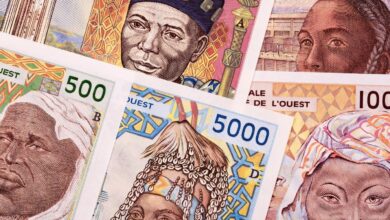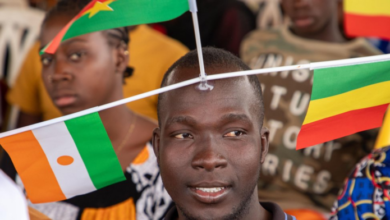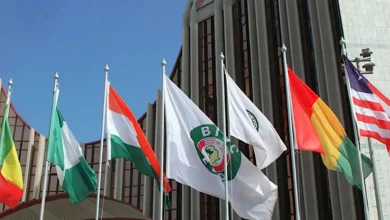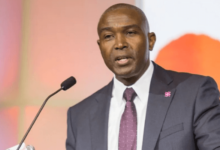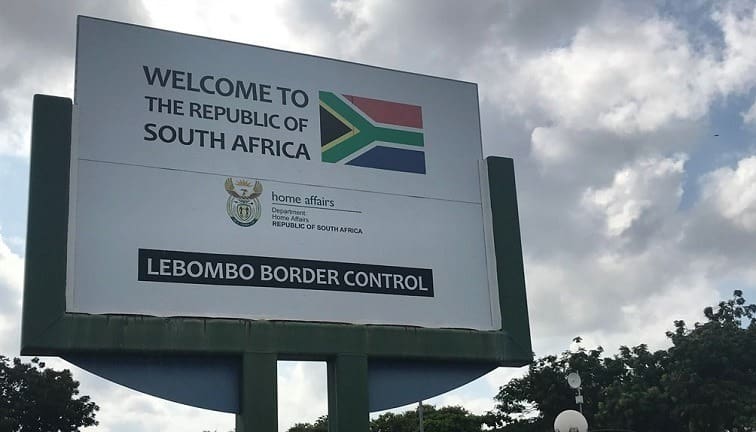
Mozambique’s Contentious Election Outcome
The political air in Mozambique has been thrust into turmoil following the disputed results of the country’s recent presidential election. The opposition candidate, Venancio Mondlane, has alleged widespread fraud in the Oct. 9 poll, which saw the ruling Frelimo party’s candidate declared the winner.
The electoral commission has declined to comment on the fraud allegations, while Frelimo, the party that has governed Mozambique since 1975, has not responded to requests for statements on the matter.
Deadly Protests and Security Crackdown
In the wake of the contested election, protests have erupted across Mozambique, with opposition supporters taking to the streets to voice their discontent. According to human rights groups, at least 18 people have been killed in the demonstrations, as security forces have responded with tear gas and live ammunition.
The Mozambican Centre for Democracy and Human Rights reported that 24 people have been killed due to police violence, while Human Rights Watch researcher Zenaida Machado confirmed 18 deaths so far, with the belief that the actual toll is higher.
The Interior Minister has defended the police response, stating that the protests were violent and that security forces were compelled to restore public order, leading to the tragic loss of life.
South Africa Border Closure Amid Escalating Tensions
The unrest has had immediate regional implications, with South Africa taking the drastic step of temporarily closing its main border crossing with Mozambique. This decision was prompted by reports of vehicles being torched on the Mozambican side of the Lebombo port of entry in Mpumalanga province.
“Due to these security incidents and in the interest of public safety, the port has been temporarily closed until further notice,” the South African authorities stated in an emailed statement to Reuters.
The closure has resulted in a lengthy queue of trucks stretching for kilometers, as cross-border trade and movement have been disrupted. The move underscores the severity of the situation and the regional implications of the political turmoil in Mozambique.
Refuge Sought by Mozambican Officials
As the protests continue to escalate, the South African government has revealed that seven Mozambican officials have requested refuge in the country for safety and protection. This development further highlights the gravity of the situation and the perceived threats faced by those associated with the government in Maputo.
The Mozambican Defence Minister, Cristovao Chume, has warned against attempts to seize power, stating that the military is ready to intervene to maintain order. This stark warning comes as the opposition-led protests are set to culminate in a march on the capital, Maputo, on Thursday.
Implications for Regional Stability
The unfolding events in Mozambique have far-reaching implications for regional stability. The closure of the crucial Lebombo border crossing between Mozambique and South Africa disrupts the flow of goods and people, potentially impacting trade and economic activities in the broader Southern African region.
Moreover, the violent crackdown on protests and the potential military intervention raise concerns about the protection of human rights and the erosion of democratic institutions in Mozambique. The ongoing political crisis could also have ripple effects on the country’s efforts to address pressing challenges, such as the ongoing insurgency in the northern Cabo Delgado province.
The international community has a vested interest in promoting stability and democratic governance in Mozambique, a country that has struggled with political and security challenges in recent years. The current situation has brought to the fore, the need for impartial and transparent investigations into the election allegations, as well as the importance of respecting the will of the Mozambican people and their right to peaceful protest.
As the situation continues to unfold, the focus will be on the ability of Mozambican authorities to de-escalate tensions, address the underlying grievances and uphold the principles of democracy and human rights. The regional impact of this crisis will also be closely monitored, as the stability and prosperity of Southern Africa could be heavily influenced by the resolution of the political turmoil in Mozambique.

